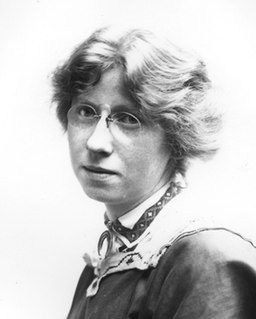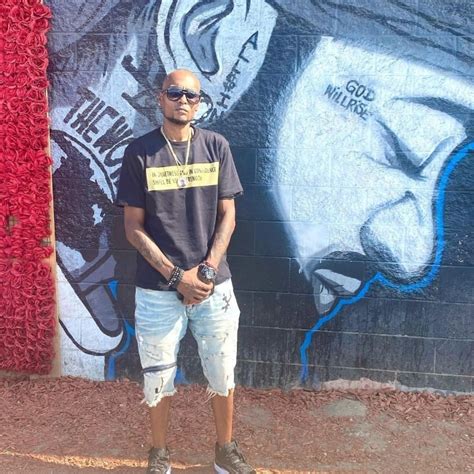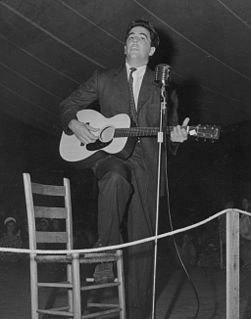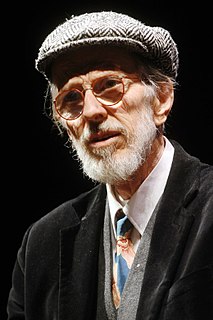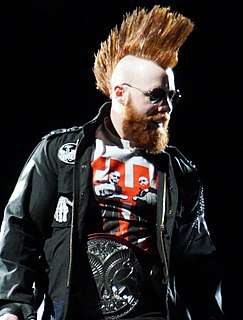A Quote by Imogen Cunningham
You see, I became kind of a drop-out in science after I came back to America.
Related Quotes
I came back to Haiti after the earthquake not to shoot a film, but to help and be a part of the rebuilding process, like all my fellow compatriots. I didn't come to shoot a film, but I became frustrated when I realized that my help was kind of useless. We all felt lost and helpless. And it's out of that frustration that I decided to shoot a film.
It used to be when a good record was about to drop you heard it out of every car and every kid with a boom box was playing it 3-4 weeks before it came out. Now it's not like that you just see ipods left and right and there's no anticipation factor. I have yet to see something drop with the anticipation that Illmatic had or that Ready 2 Die and Cuban Linx had. Those records had real anticipation factors.
I gave up accounting. I went in for about six months writing ad copy. I was fired from that, and then another guy and I did a kind of poor man's Bob and Ray kind of syndicated radio show. Then I decided to stick it out and see what happened. I'd give it a year, a year became two years, and then two years became three years, and then along came the record album.
For me, the experience of not living in America was recognizing that I was American. You don't think about yourself being so culturally encoded, so nationally stamped; you don't discover that when you're a tourist for a month. You see how you reflect the place you're from. When I came back from living in Europe, I was very struck by how I didn't see America as the center of the world in the same way. It's very easy to slip back because America is so powerful. But any place you live is the center of the world.
